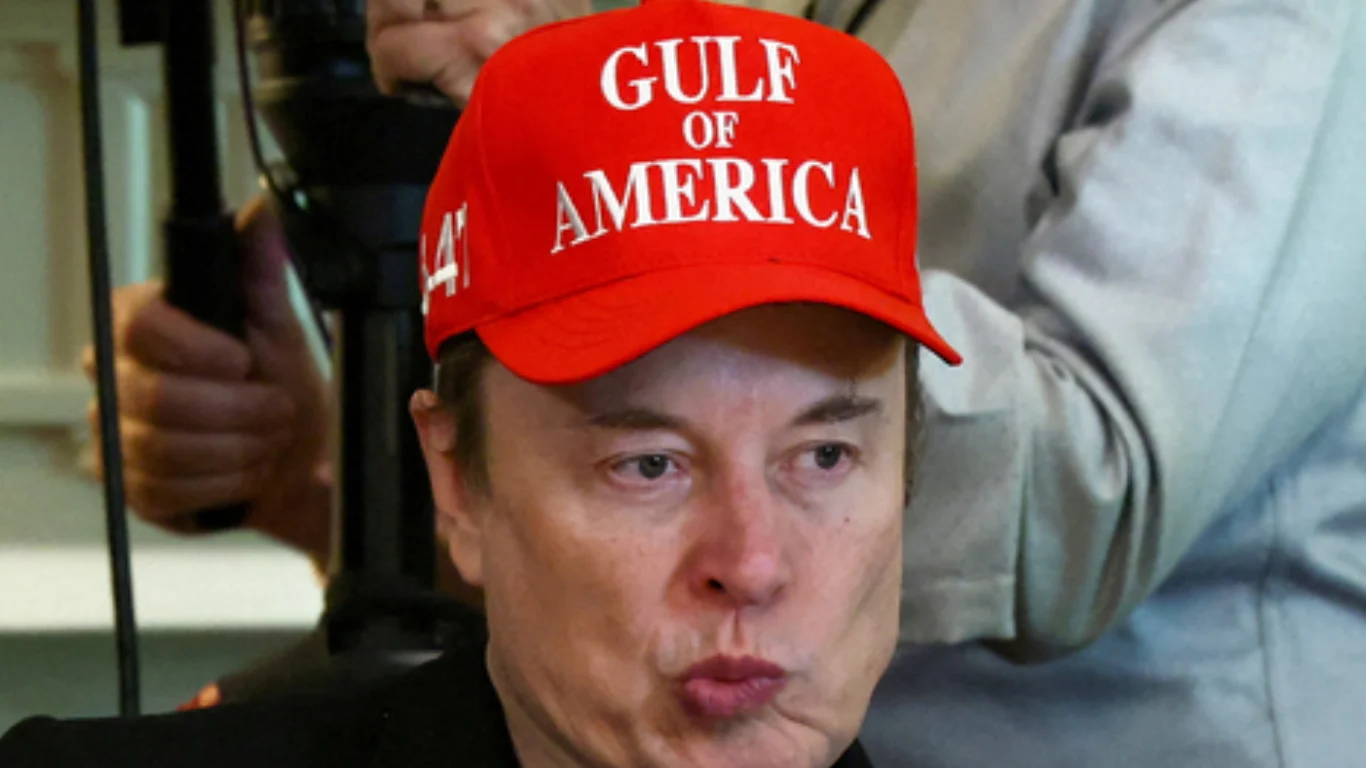
Tesla CEO Elon Musk on Thursday publicly denounced a report published by *The Wall Street Journal* (WSJ) that claimed the automaker’s board of directors had initiated a search for his potential successor. Taking to X (formerly known as Twitter), Musk slammed the report as a “deliberately false article,” and went further to call it an “EXTREMELY BAD BREACH OF ETHICS,” asserting that the WSJ had failed to include a prior and unequivocal denial from the Tesla board despite being aware of their stance. In his strongly worded post, Musk accused the publication of unethical journalism and misrepresentation, a sentiment echoed by Tesla Chair Robyn Denholm, who also issued a statement calling the article “absolutely false.”
Denholm reaffirmed the board’s full confidence in Musk’s leadership and underscored their support for his continued execution of Tesla’s ambitious growth strategy. The WSJ article, citing anonymous sources allegedly familiar with internal board discussions, claimed that Tesla directors had reached out to executive search firms about a month ago, at a time the company was believed to be navigating a “crisis phase.”
According to the report, investor concerns were mounting over Musk’s divided attention, particularly his growing engagement with politically charged roles, including a cost-cutting advisory position with the U.S. government under President Donald Trump. The article noted that some board members were increasingly anxious about the impact of Musk’s controversial political affiliations on Tesla’s consumer image and operational focus. The report also stated that the board had reportedly narrowed its attention to a specific executive search firm but did not clarify how far succession discussions had actually progressed. Furthermore, it alleged that board members had directly urged Musk to increase his time and visibility at Tesla, a request he did not resist, indicating an awareness of the internal and external scrutiny.
The timing of the WSJ article is particularly significant as Tesla is facing a wave of challenges, including a noticeable dip in consumer sentiment allegedly driven by backlash against Musk’s political positions. Sales of Tesla vehicles, especially in key markets like the U.S. and Europe, have suffered, prompting concerns among shareholders and analysts about the future trajectory of the brand. Protests were reported in March outside Tesla showrooms, at charging stations, and even around vehicle distribution centers, suggesting a tangible reaction among some consumer segments to Musk’s controversial political activities and the perceived politicization of Tesla’s brand. Meanwhile, the automaker is also contending with increased financial pressures due to rising costs associated with U.S. President Donald Trump’s ongoing trade war and its ripple effects across global supply chains. Compounding matters is the recent financial activity by Tesla Chair Robyn Denholm, who earlier this week offloaded a significant portion of her shares, raising questions about insider confidence.
Since December, Denholm is reported to have raised approximately $150 million through stock sales, a figure that has drawn scrutiny from analysts and commentators alike. Although such transactions are not necessarily indicative of internal turmoil, the timing has added to speculation about broader tensions or strategic shifts within the company’s leadership structure. The combination of consumer unease, boardroom speculation, and external economic pressures has placed Tesla in an increasingly delicate position, where any perception of instability—especially surrounding its high-profile CEO—can have outsized repercussions on market sentiment and investor confidence.
Elon Musk’s direct rebuttal to the WSJ report not only reflects his characteristic confrontational approach to media narratives but also underscores the deep sensitivity surrounding leadership questions at Tesla. For many investors and fans of the company, Musk remains synonymous with the brand itself, and any suggestion of succession planning—particularly one not acknowledged publicly—can trigger significant market anxieties. While the WSJ has stood by its reporting, the company’s critics argue that such anonymously sourced stories, especially without board confirmation, run the risk of distorting corporate realities and creating unnecessary noise. On the other hand, proponents of independent journalism defend the need to scrutinize leadership practices at major corporations like Tesla, particularly when shareholder value is closely tied to a single individual. With Tesla’s stock facing volatility and consumer narratives shifting, the episode serves as a stark reminder of how intertwined Musk’s personal identity is with Tesla’s market perception, operational stability, and brand value.
Whether the report was an unfounded rumor or a reflection of quiet internal deliberation, the intensity of Musk’s reaction and Denholm’s public denial have firmly drawn the line against the succession narrative—for now. Yet as Tesla continues to navigate complex political, economic, and branding challenges, questions surrounding long-term leadership and corporate governance are unlikely to disappear anytime soon, even as the board reiterates its unwavering confidence in Musk’s vision and stewardship of the company’s next chapter.

















